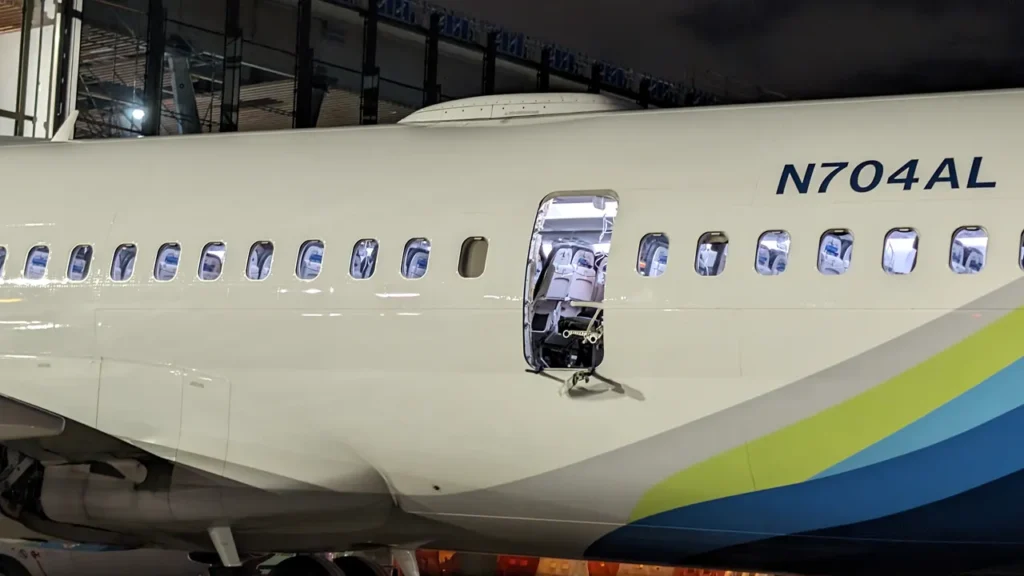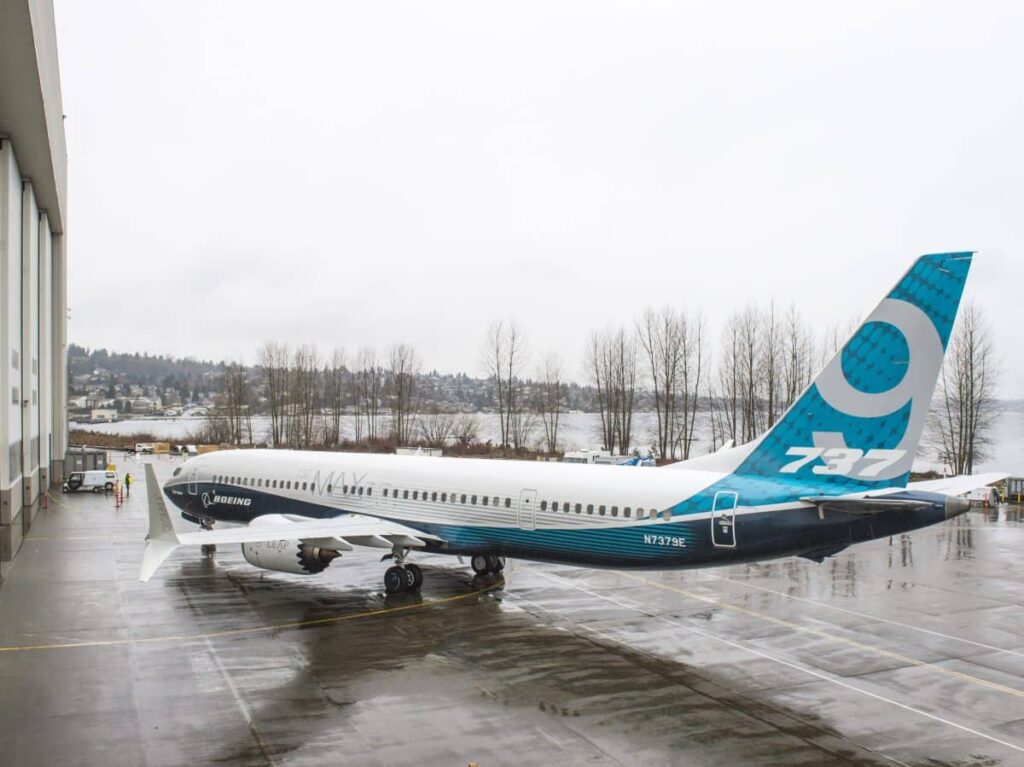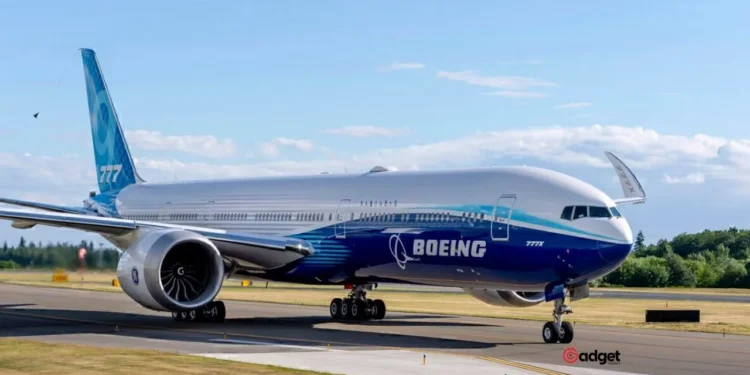Boeing, a longstanding giant in the aerospace industry, recently found itself on the losing end of a high-stakes legal battle. The company has been ordered to pay a substantial $72 million fine for misappropriating trade secrets from Zunum Aero, a smaller company specializing in hybrid-electric aircraft. This legal setback comes at a time when the company is already grappling with multiple challenges, both financial and reputational.

The Case Details
The lawsuit, adjudicated in a federal court in Seattle, concluded with the jury siding with Zunum Aero. Jurors found credible evidence that company not only illicitly acquired technology from Zunum but also contributed to the startup’s eventual demise. Despite the verdict, Company maintains its innocence and plans to challenge the decision. “Company respectfully disagrees with the jury’s verdict, which is not supported by the law or the facts,” stated a Boeing representative.

Boeing’s Defense and Further Complications
Earlier proceedings in the month did provide company with a minor reprieve when a judge ruled that Zunum had not repaid approximately $9 million in loans to Boeing. Company argued that the allegations of stealing trade secrets were part of a dramatic narrative concocted by Zunum, dismissing the startup’s story as “a simple one: an ambitious startup’s reach exceeded its grasp, and investors fled.”
Moreover, Company’s troubles don’t end with the courtroom. The aerospace manufacturer is also dealing with fallout from a recent incident involving an Alaska Airlines aircraft, a Boeing model, where a door panel detached during flight. Additionally, the company has suffered significant financial losses, amounting to more than $30 billion over the past five years.

Implications for Boeing and the Aerospace Industry
This legal episode is not just a significant financial burden; it also poses serious questions about corporate ethics and competition within the aerospace sector. The repercussions of this case could influence how proprietary technologies and innovations are protected and shared among competing firms, potentially reshaping industry practices.










